Graham Reid | | 1 min read
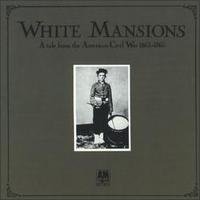
Melody Maker was blunt about the country music concept album White Mansions on its release in '78: "A dilemma -- on the one hand we have some exceptionally good music; on the other, a project of doubtful worth".
Because White Mansions -- which featured Jessi Colter and her husband Waylon Jennings, John Dillon and Steve Cash with stellar help from Eric Clapton, Bernie Leadon, Henry Spinetti and others -- invited listeners to be sympathetic to Confederacy and its culture which rode on the back of slavery the MM reviewer asked "What next; a rock musical about Auschwitz told from the point of view of the guards?"
It's a fair point and certainly the slaves are invisible and all but inaudible on the album. But there was more to it than that: it has a narrative arc from the pre-Civil War period into massacres that followed on the battlefields and on to the post-war period where one character keeps his guns and (in the manner of the James' brothers) becomes an outlaw.
One character -- Cash as the white trash Caleb Stone -- is jarring and a cliche, but elsewhere the story is played out in personal stories rather than painting on the big screen. It is a concept album of detail rather than Les Miserables in the saddle.
Written by Paul Kennerley from Liverpool who was mainly booking pub rock bands before this, the story is not only told on record but in the handsome booklet with period photos and -- like Bernie Taupin and Elton John on Tumbleweed Connection -- he had a sympathetic feel for the South.
The album was also produced by another Englishman, Glyn Johns (who had recorded the first two Eagles albums, hence Eagle Leadon here) and recorded in London and LA.
Even the MM reviewer conceded "the songs are outstanding" and the album was in line with the "outlaw" style rather than MOR country.
So it had a lot going for it on any level, except maybe the political.
But when Jennings closes with the moving Dixie Now You're Done you do get a real sense of a culture passing forever, wiped out by hubris as much as by the battlefield defeats and the murderous rampage of Sherman mentioned in this sample track.
For more one-offs, songs with an interesting backstory or just plain oddities stay tuned to From the Vaults.

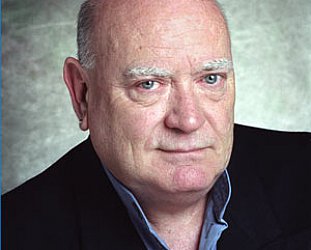
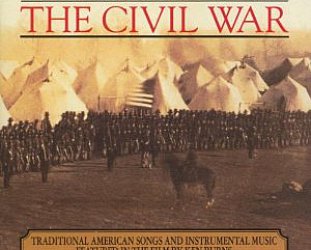

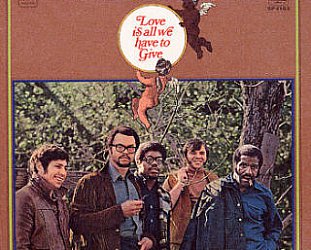

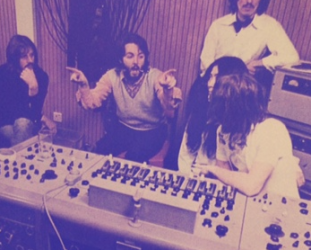
post a comment